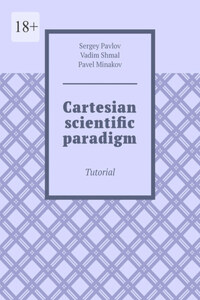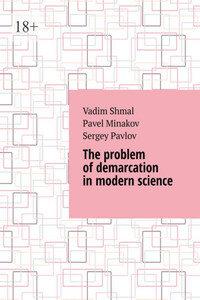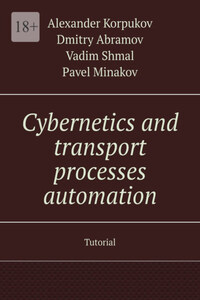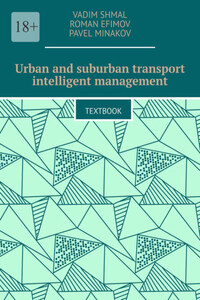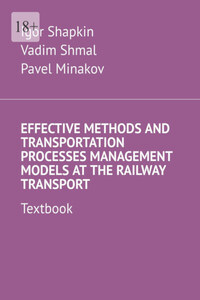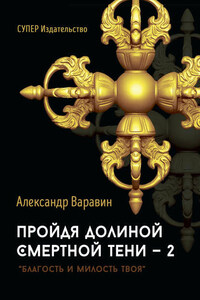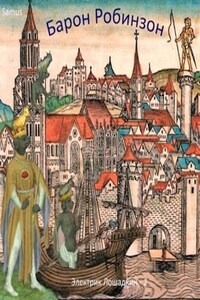One of the reasons Descartes is called the father of modern philosophy is because he set the agenda for those philosophers who came after him. Over the centuries, many thinkers have tried to interpret Descartes’ methods for their own purposes. This influence continues today.
Some philosophical problems will be familiar to people – say, the problem of knowledge or the problem of free will. The key question, however, is how to present these problems in a radically different way from Descartes’s in order to accommodate a philosophy of subjectivity that goes beyond the traditional concept of man as a thing that can be known.
Much has been written about the problem of Descartes’ knowledge. But more is needed to explain the role of subjectivity in Descartes’ thinking and how it influenced later philosophers. But I feel that this will become even more important in the future as the scale of the relationship between humans and the natural world will expand. Today we are experiencing a revolution in our understanding of the relationship between humans and the environment.
Among other things, this revolution is based on the discovery that the «natural» world (which Descartes considered a static environment, shaped by God) is in fact a dynamic, changing in an increasingly complex way. From wildfires and the rise of agriculture to the introduction of agriculture into livestock and human industries, we are constantly changing the environment in countless ways.
Descartes’ model of the natural world implies that we are trapped in predetermined deterministic rules of the natural world. Today, many people believe that they have escaped from this control, and can chart their own course in the world, guided by reasons, feelings and memory.
Descartes’ views on the subjectivity of reason guided philosophers who tried to find the meaning of freedom. Spinoza argued that we are free to act, because reason compels us to do so. If we can do this, we are free. But Spinoza also said that since reason is the vehicle of free will, free will has a natural source – or at least a source that we can turn to. And Descartes’ own opinion that the feeling «I am» or what in Hegel’s philosophy is called «withdrawal» is essential for this understanding of freedom.
